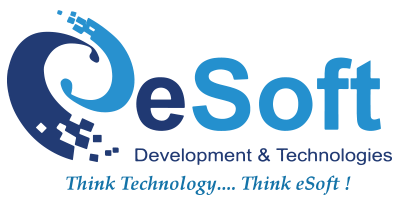Team eSoft accelerates the journey of artificial intelligence (AI) and machine learning (ML) with the launch of the 100 chatbot this November. The journey began in 2014 with the launch of its first chatbot using the instant messaging platforms and Microsoft Technology stack.
Customers in this era expect a seamless experience with the brands for all their interactions, with the element of simplicity and speed. Companies are investing in bringing a frictionless experience using AI-backed chatbots.
There are key aspects of understanding the implementation of these emerging chatbots: One of the most important is change management. Like any other software or hardware solutions implementation, chatbots also need to be driven via a change management process with clearly defined use cases and training. Organisations need to identify these with the help of technical experts who understand the limitations of AI frameworks.
Is it a reality that AI learns and improves on its own, or do we have to configure and update it on a regular basis? The majority of AI chatbots need human intervention to make them smarter and better. We have to manually or programmatically add additional decision trees, conversational branches and libraries at regular intervals.
The most common question is which platform to choose and how to choose it.
Do we implement a bot on a Web site or should we add it to a mobile application?
Do we use Alexa/Google or any messaging platforms?
Your customer wants it all. A good practice is to implement omni-channel chatbots and spread the use cases to fit the best experience. For example: A customer may request an account statement over the Web site bot. The AI engine is intelligent enough to send it via WhatsApp as a password-protected file, along with the reply on your Web site bot. This approach ensures security, easier accessibility and a consistent experience.
Defining the popularity of use cases, analysing the sentiments around conversational flows, total number of missed conversations, preferred choice of platforms, personal preferences, views and inclinations are an integral part of these implementations. Predictive analysis through these millions of conversations brings a different dimension to chatbots.
Companies need to approach chatbots in human + AI hybrid model. This approach brings an optimal user experience and continuous improvements to the chatbot.
Manali Sheth, Managing Director, eSoft, states: “The journey does not end after the launching of chatbots. It’s just the beginning. They are machines and they only understand binary. They need to be taught how to learn and what to learn.”
